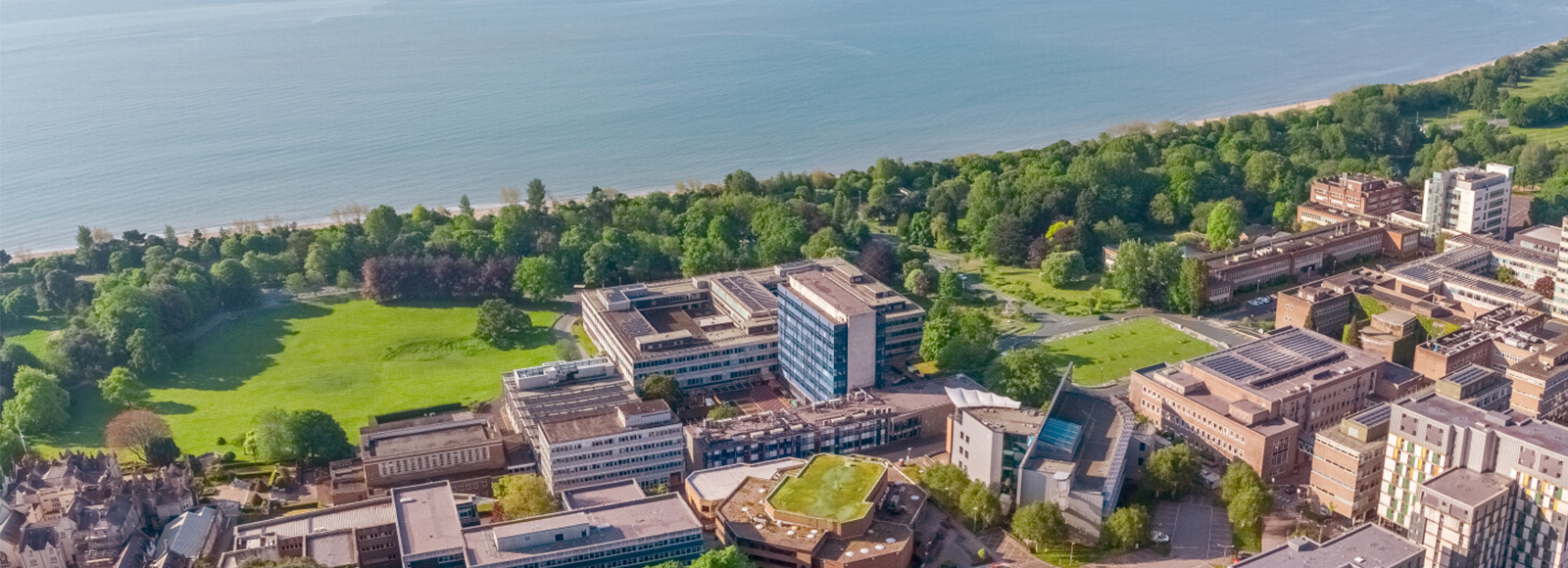- ...
Postgraduate Studentships - Search for funding opportunities.
Postgraduate Studentships - Search for funding opportunities.
Our Bioscience Department MRes programme gives you expert research training embedded in our world-class research groups. The first term is all about advanced skills training at postgraduate level with guidance for research project selection and refinement. Students start their 9 month research project phase at the end of January.
The formal teaching structure during the 1st semester ensures that students improve their skills in writing, analytical approaches and critical thinking to postgraduate level. Students also select two additional modules in line with research interests (e.g., GIS, biodiversity and health ecology, endangered species, biodiversity assessment). After module assessments, students are then ready to conduct an independent research project that is guided by a supervisory team in the department. We expect students to produce a research thesis that is of publication standard and many MRes projects are published after award of MRes.
Students do not need to have a pre-defined project to apply to the MRes course and we provide a list of potential projects to select during the first term. It is possible to switch from one programme to another during the first term because each of the four MRes courses in the Bioscience Department follows the same module pathway. The programme title reflects the nature of the research project: students can change the MRes Biosciences Department programme of study at any time during the first term once they have confirmed selection of a project.
Research theme overview:
Global environmental change is modifying and affecting ecosystems and biodiversity and the functions and life-support they provide. We aim to understand the mechanisms and functions driving biodiversity patterns and ecosystem dynamics, to better inform management and policy from local to global scales. Our strengths arise from the synergies of combining experimental, field, and theoretical approaches, across individual to population and community-level scales. Our work spans ecosystems across the globe, from tropical islands to temperate reefs and coastlands, from the Atlantic forest to boreal ecosystems.
MRes research projects can be selected from any of these research groups:
MRES: Applicants for the MRes Biodiversity and Ecosystems must normally hold an undergraduate degree at first or upper second class honours degree level in Bioscience or a related subject (or Non-UK equivalent as defined by Swansea University).
For fees and funding options, please visit website to find out more.
We offer a wide range of scholarships and bursaries for both taught and research courses to help you fund your study.

Boost your career prospects by studying a master’s degree at Swansea University Do you want to become part of our vibrant postgraduate community, whi...
Sign up to Postgraduate Studentships
Sign up to compare masters
Thanks for making your selection. Click below to view your comparisons.